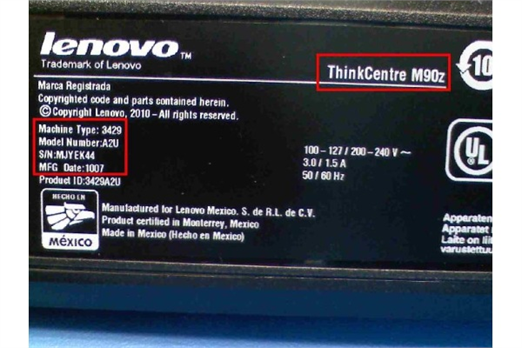Mangham didn’t go to much effort to hide his identity when he breached the social networking site, and was eventually charged with three counts of unauthorized access to computer material and unauthorized modification of computer data.


The post – pictured below – does appear to signify Java not only knew of Google’s use of the Java platform in Android but highlighted its use as a great example.



Gamers everywhere were attempting to download the beta for Blizzard Entertainment’s follow-up to 2000’s Diablo II.
The first Ivy Bridge chips will include eight Core i7 chips, five Core i5s and an unlocked Core i7.
